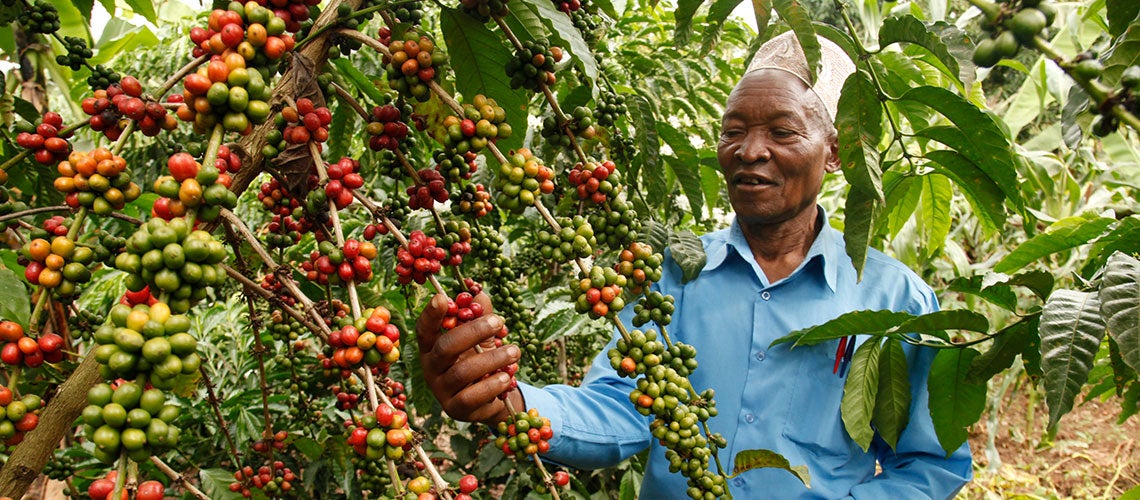 Modernizing land administration to accelerate Uganda’s economic growth
Modernizing land administration to accelerate Uganda’s economic growth
Land is the lifeblood of the Ugandan economy. With more than 70% of employment in agriculture, most households in Uganda still rely on land and its economic potential to support livelihoods and access finance for private sector economic activities. This includes women-led households which constitute 28% of households in the country.
Climate change poses a major challenge for land management with land degradation and overuse of natural resources. Insecure land tenure makes it difficult to make medium-to-long-term decisions about sustainable land use. According to the Intergovernmental Panel on Climate Change (IPCC), security of land tenure is essential to addressing climate change through undertaking adaptation and mitigation activities.
Use of digital technologies in land administration has grown across the globe but Uganda lags on this front. In Uganda, for example, use of digital signatures is not provided for in land transactions although there is a similar provision for financial transactions. Speedy adoption of legislation and corresponding regulations to fully digitalize land administration and management processes is essential for the land sector to ensure that all Ugandans have secure access to their land assets.
In this context, it is essential to scale up land titling and introduce innovations in the management of land. Since 2013, the World Bank’s Competitiveness and Enterprise Development Project (CEDP) has been supporting the Government of Uganda through the Ministry of Lands, Housing and Urban Development (MoLHUD) to strengthen the land administration system through a combination of systems improvements and physical infrastructure, systematic registration of communal and individually owned land, enhancements in land valuations capacity; and strengthening of institutional and dispute resolution capacity and human capital.
Building on CEDP outcomes, the World Bank, the European Union (EU) and MoLHUD have joined hands this year to scale up land titling in the Northern and Eastern regions and enhance resources to address the multidimensional challenges facing land administration in Uganda. The EU has provided a €8 million grant (nearly $8.6 million) to expand access to land titles and provide technical assistance to MoLHUD, through the Uganda Multi Donor Trust Fund (MDTF).
MoLHUD will implement key activities funded by this trust fund to scale up customary land titling in the northern and eastern regions while the World Bank will undertake activities to support modernization of the land sector in the entire country. Project activities include strengthening land administration and management systems, providing land tenure security, and addressing land disputes.
The funds will be managed under the World Bank-administered Multi-Donor Trust Fund that mobilizes donor contributions and invests in strategic areas to promote an effective implementation of Uganda’s national development plans and priorities to achieve the national Vision 2040.
The importance of land in the Ugandan economy cannot be overstated. Accelerating access to land titles and modernizing land administration are essential to increase the productive use of land assets, mitigate climate change impacts, and boost Uganda's economic development.


Join the Conversation